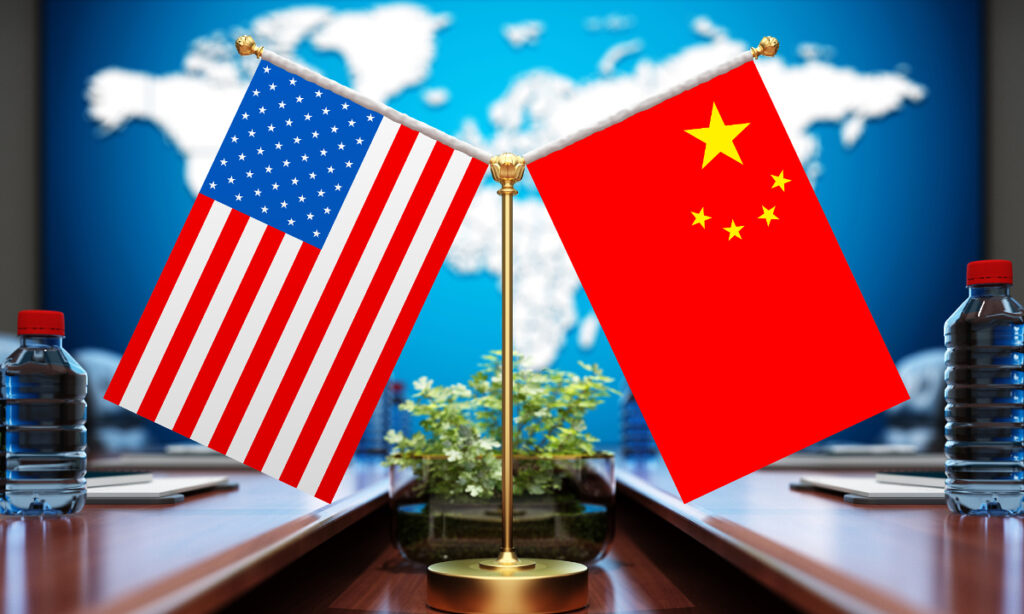The Second Meeting of the China-US Working Group on Enhancing Climate Action in the 2020s concluded Friday in Beijing, with the two countries reaffirming their commitment to further strengthening dialogue and collaborative efforts in addressing climate change, which Chinese observers described as a vivid and concrete example of pragmatic cooperation between the two sides.
According to the readout released by the Chinese Ministry of Ecology and Environment on Sunday night, China on September 4-6 hosted in Beijing the above-mentioned meeting, which was co-led by the China Special Envoy for Climate Change Liu Zhenmin and US Senior Advisor to the President for International Climate Policy John Podesta. Both sides continued their discussions on addressing the climate crisis, including implementation of the 2030 Nationally Determined Contributions (NDCs) and preparations for the 2035 NDCs.
Both sides welcomed the technical and policy exchanges that have been conducted to date under the China-US Working Group on Enhancing Climate Action in the 2020s, including discussions under the energy transition, methane, circular economy and resource efficiency, and low-carbon and sustainable provinces/states and cities four sub-working groups, and looked forward to further exchanges, the readout shows.
Both sides are committed to further strengthening dialogue, collaborative efforts, and working with other parties to support the Azerbaijan Presidency for a successful outcome of COP 29.
Amid tension between the two countries in multiple fields – including geopolitics, trade and technology – such a meeting can facilitate closer coordination in the climate sector, said Li Haidong, a professor at the China Foreign Affairs University, who emphasized that climate cooperation is a prominent aspect of China-US relations.
At the same time, the expert pointed out there are still significant differences between the two countries regarding climate matters.
The US expects China to take on responsibilities that exceed its current level of development, attempting to shift the burden of international climate contributions onto China, which could hinder climate negotiations between the two, Li told the Global Times.
Nonetheless, each negotiation serves as a demonstration of both parties’ willingness to communicate and gradually narrow their differences, observers said.
“In some ways, climate collaboration can act as a buffer amid the tense competition between the two nations,” Li said.
GT




